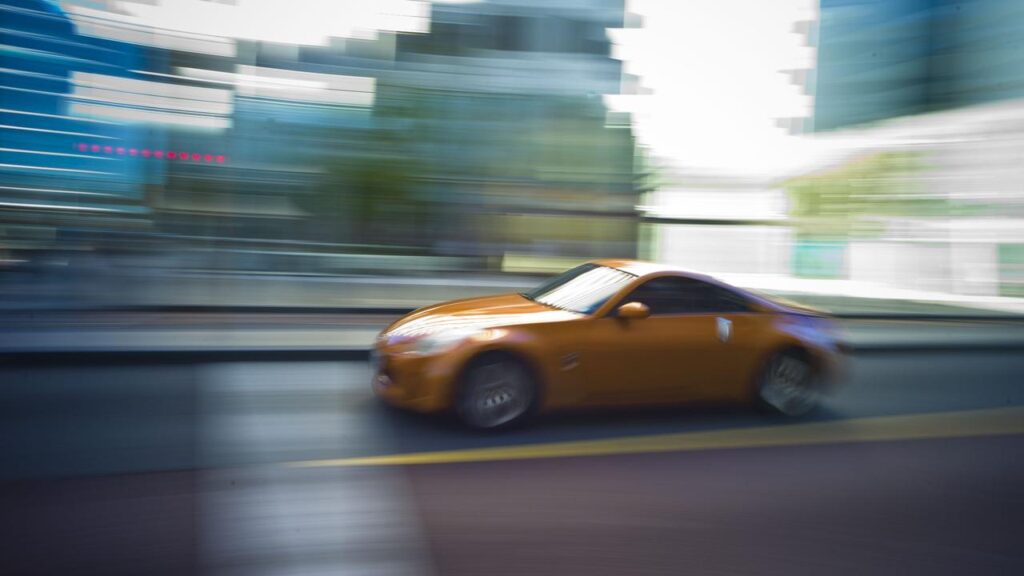Petrol low as car buyers flock to hybrid and electric
Jennifer Dudley-Nicholson |

Australian motorists are putting the brakes on petrol-powered vehicles and instead looking for ways to save fuel with hybrid, plug-in hybrid and electric models.
The Federal Chamber of Automotive Industries revealed the trend on Thursday, releasing vehicle sales figures from October showing plug-in hybrids more than doubling in popularity over the year.
The statistics also show SUVs remained Australia’s most popular vehicles by a large margin, while passenger cars continued to fall out of favour.
The data comes as the federal government pushes to increase the rate of low-emission vehicles to reduce transport emissions, and after a report from the Electric Vehicle Council showed more than 410,000 battery-powered cars had joined Australian roads.

New vehicle sales rose slightly during October to reach 100,658 according to data from the chamber and Electric Vehicle Council.
Many motorists were choosing more fuel-efficient vehicles with plug-in hybrid sales continuing to rise, chamber chief executive Tony Weber said.
“The October results confirm that Australians are increasingly choosing hybrid and (plug-in hybrid) models as a practical path towards lower emissions,” he said.
“Petrol-only vehicles, on the other hand, continue to lose ground.”
Hybrid car sales rose by 25 per cent to top 17,000 during the month, figures showed, while plug-in hybrid vehicle sales rose by 95 per cent to reach more than 4700.

Electric vehicles made up 7.3 per cent of all vehicle sales during October, with more than 7300 sold, falling from a record high during September.
A dip in Tesla sales contributed to the fall, as the US car maker sold 916 vehicles in October, down from more than 4600 the month before.
The company’s biggest electric rival, BYD, continued to climb the Australian sales charts with almost 4000 vehicles sold, including more than 2200 electric models.
The company’s Sealion 7 SUV also won the title of the best-selling electric vehicle for October.
Other SUVs remained popular with buyers, with sales of the sporty vehicles up by 9.4 per cent in October to represent more than six out of every 10 new cars sold.
Passenger cars, by comparison, continued to fall out of style with sales down by 21.6 per cent, and sales of pure petrol-powered vehicles also down by 15.4 per cent.
Despite stiff competition from SUVs, two utes were named as October’s best-selling models, the Toyota HiLux and Ford Ranger, with their makers also claiming the top two best-selling brands respectively.
AAP